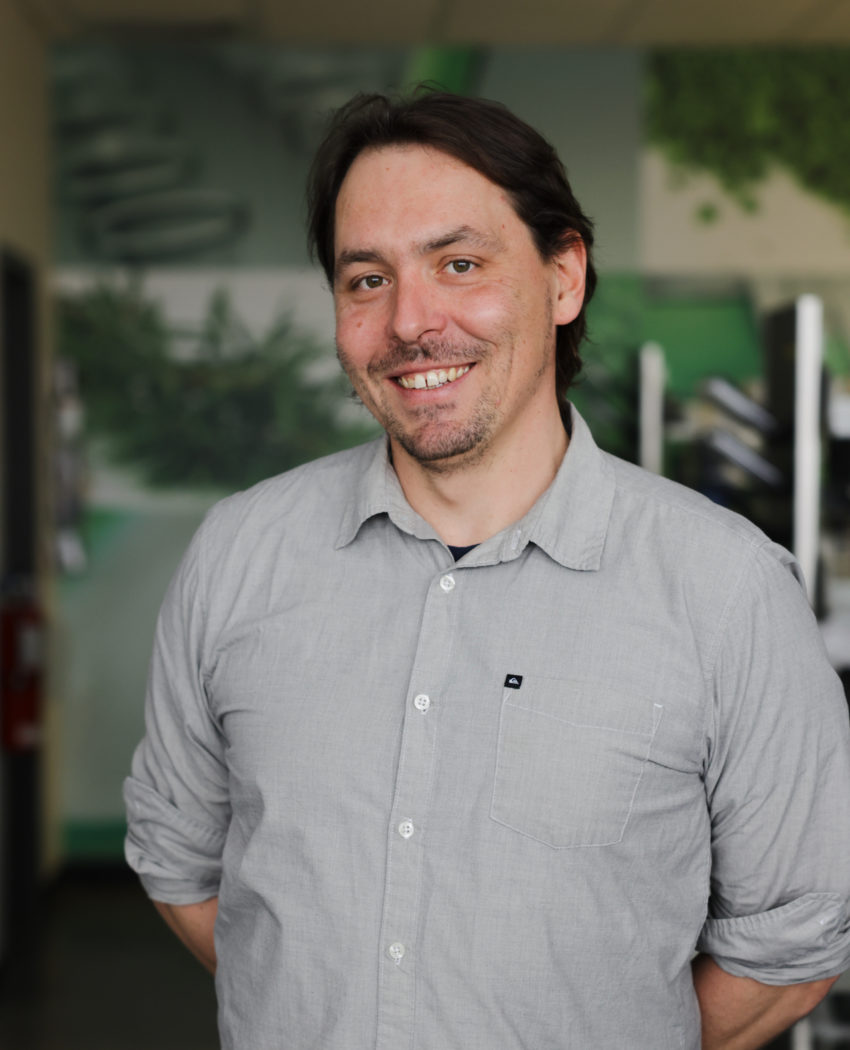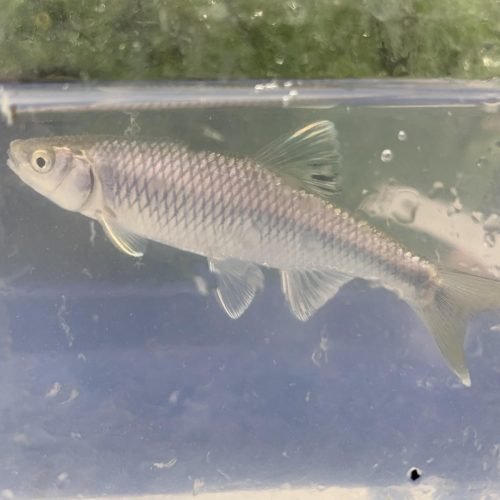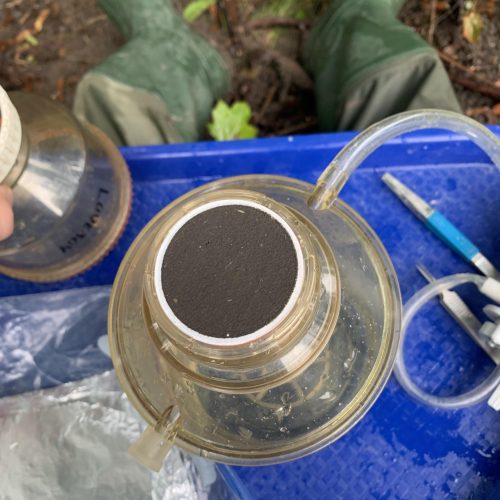

Influence of urbanization on the extent of biological invasions in fish communities of southern Quebec rivers
Research summary
Urbanization alters profoundly the environmental conditions of aquatic environments (e.g., warming and pollution). These habitat modifications increase the presence of invasive exotic species representing diverse taxa (e.g., plants, birds and reptiles). A greater tolerance of invasive species to these urban-related conditions has been proposed as the mechanism explaining this phenomenon; however, this hypothesis has yet to be tested for freshwater fish.
The proposed research project therefore aims to study the link between watershed urbanization and the severity of biological invasions by focusing on the frequency and condition of invasive exotic fish in Quebec rivers along an urbanization gradient.
The study of these dynamics will involve a cross-analysis of communities (diversity and condition) and river characteristics, combining airborne imagery (drone, aerial and satellite images) and in situ measurements. Competition between invasive and native species in urban environments will be assessed by comparing growth rates (otolithometry) and the stomach contents of invasive and native species.
The project’s main objective is to explore the links between fish community structure (diversity and degree of invasion) and condition (growth and health) with habitat quality and degradation variables in the rivers and streams of the southern St. Lawrence Lowlands.
Demonstrating the link between certain characteristics of urban rivers (e.g., linearization or the absence of riparian buffer strips) and the severity of invasions will enable us to formulate concrete land management practices to better mitigate the impact of these characteristics and consider their importance in the management of aquatic fauna.

Master’s candidate in Renewable resources at Université du Québec à Chicoutimi

Professor, Department of Fundamental Sciences, Université du Québec à Chicoutimi
Co-Holder of the Chair for Research on Exploited Aquatic Species

Professor, Department of Humanities and Social Sciences, Université du Québec à Chicoutimi
Co-Holder of the Chair for Research on Exploited Aquatic Species



